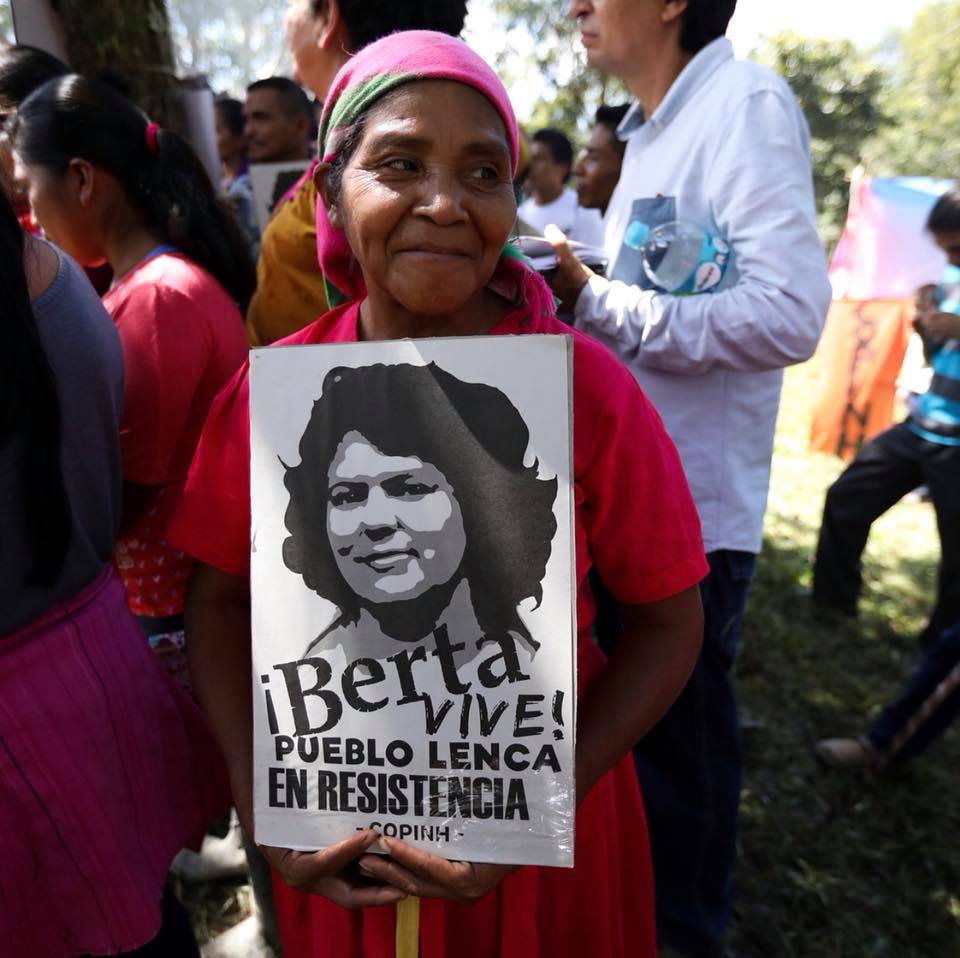Whether it is the killings of 161 environmental defenders this year alone, or restrictive laws to monitor or prohibit the work of civil society organizations, it is evident that the space for civic participation is not only closing, but also dangerous. Repression and attacks increasingly target human rights defenders, and especially LGBTI individuals, journalists, and environmental, indigenous and women’s rights.
This troubling trend has not gone unnoticed. Over the past three years in particular, local activists and international groups supporting them have invested considerable effort in addressing ‘the closing space for civil society’ and protecting HRDs and their organizations and movements. And yet HRDs continue to face enormous risks from escalating backlash. There is a collective sense among all those working on human rights protection, development, and the environment—activists, researchers, donors and local, regional and international organizations—that our current approaches to protection are inadequate. Why is this? We urgently need to question the assumptions guiding activist safety and the defense of civic space, develop a deeper and shared understanding of the causes and actors at the root of the problem, and build effective joint solutions.
That is precisely the goal of JASS and the Fund for Global Human Rights (FGHR)’s upcoming convening, Defending Rights in Hostile Contexts: Understanding and Confronting the Crackdown against Activists and Civic Space. In Johannesburg, South Africa from November 15 to 17, JASS and FGHR are bringing together a mix of civil society actors: activists, international NGOs, and donors from around the world in a learning exchange that will deepen our collective understanding of current power dynamics and critically assess and rethink strategies to protect and promote the civic space necessary for movements, civil society, and HRDs. The gathering is designed to ensure that strategies are shaped by the analysis, aims and approaches of grassroots activists, those most deeply affected by increased restrictions and violence.
Four key threads will weave through and structure the exchange and discussion in Johannesburg. (Excerpt from Making Change Happen 6: Rethinking Protection, Power and Movements)
- Power matters: To address violence, attacks, and restrictions against activists, we need a deeper understanding of power, particularly the rise of shadow power (e.g. corporate actors, and religious institutions, organized crime, and drug cartels) and its collusion with the state to quash opposition and dissent.
- Gender and identity matter: An intersectional gender perspective—one that takes into account race, ethnicity, sexuality, class and other factors that multiply the vulnerability of women and LGBTI people—is essential for understanding risk. We must confront the ways in which misogyny and stigma are used to target and undermine activists, organizations, and communities.
- Narratives matter: Governments and non-state actors manipulate public opinion to discredit and destabilize activism and movements. They tap into and reinforce prejudice to generate fear, legitimize repression, dehumanize their opposition, and derail conversations. We need to build public support around a hopeful narrative that affirms the rights and agendas of movements and civil society more broadly.
- Local organizing & movements matter: The safety of individual activists is tied to strong community organizing and movement-building. The things that make women, organizations, and communities stronger—trust, solidarity, leadership, strategy—also make them safer.
Together, the participants will grapple with key questions.
- What are the kinds of power we experience in relation to different issues, rights, identities? How do these powers relate to one another and collude behind restrictions and violence?
- What are the limitations of current strategies? How can we become more effective?
- What can we do to foster a more enabling environment for organizing and civil society?
- How can we better align local and international strategies for safer activism?
This convening draws on JASS’ long-standing collaborative work in the Mesoamerican Women Human Rights Defenders Initiative and with other protective networks and strategies of women activists in that region and beyond. It builds specifically on an exchange convened by JASS and FGHR in January 2017. Frontline activists and advocates from Mexico and Central America met in Mexico City with international human rights organizations and donors and, together, examined the nature and causes of restrictions and violence in the contexts where we work to support community-driven responses. The insights from the Mexico City gathering—captured in a blog on OpenGlobalRights, a short film, and activist interviews—raised the profile of women activists whose strategies of resistance have long been ignored or rendered invisible.
Join us from November 15 to 17 as we share key insights from this convening in more detail. Follow us on JASS Facebook and Twitter, and FGHR’s Twitter, using #confrontcrackdown. We encourage you to share widely with your own networks to generate deeper conversations and awareness.


























